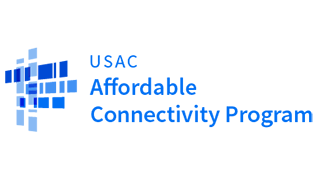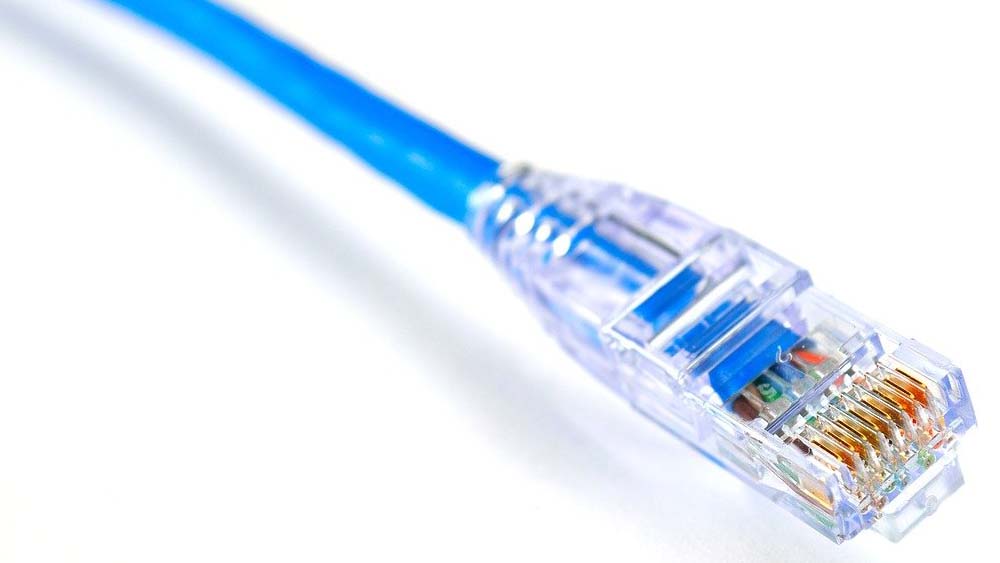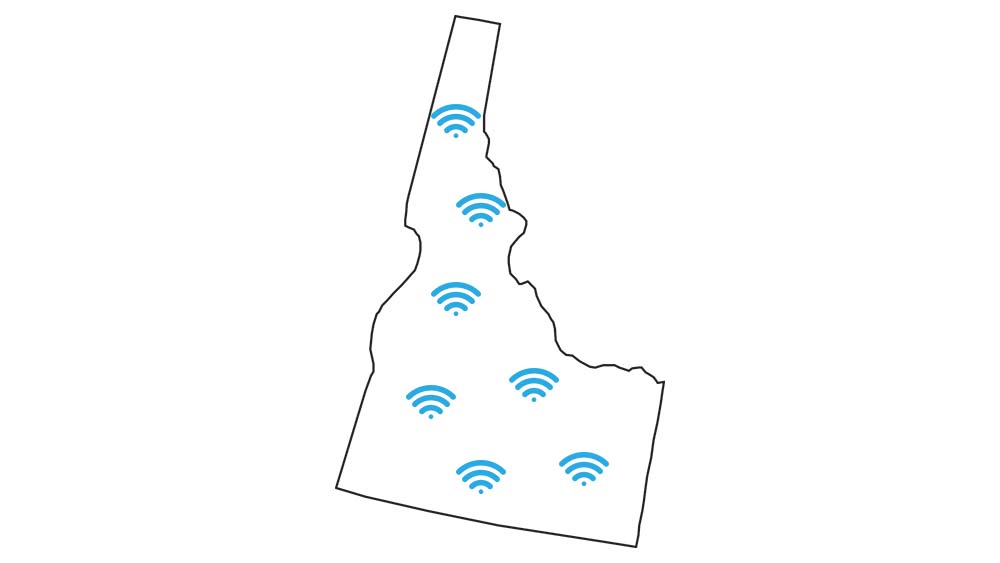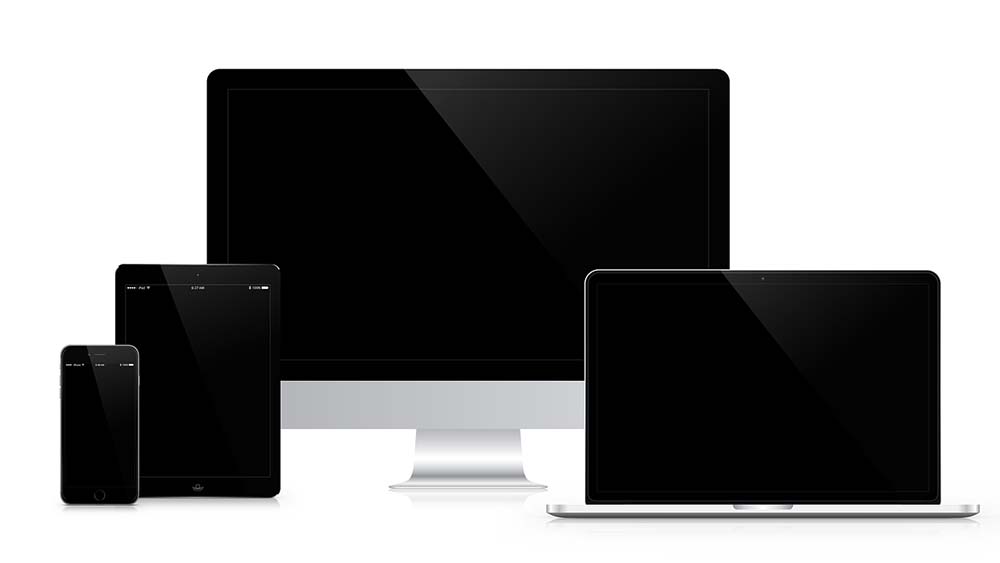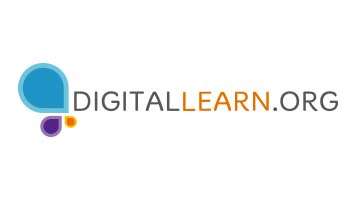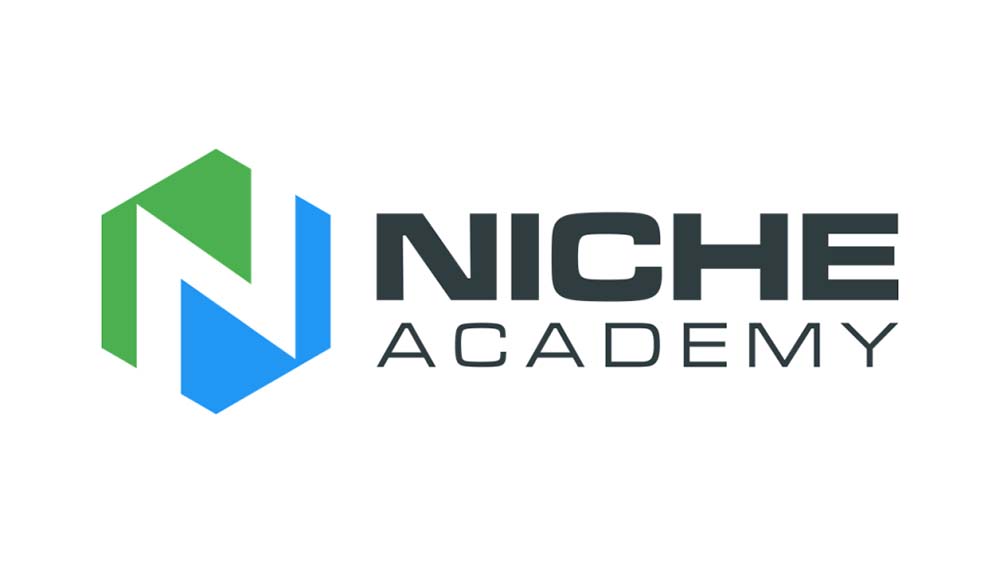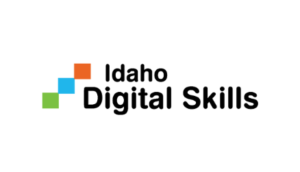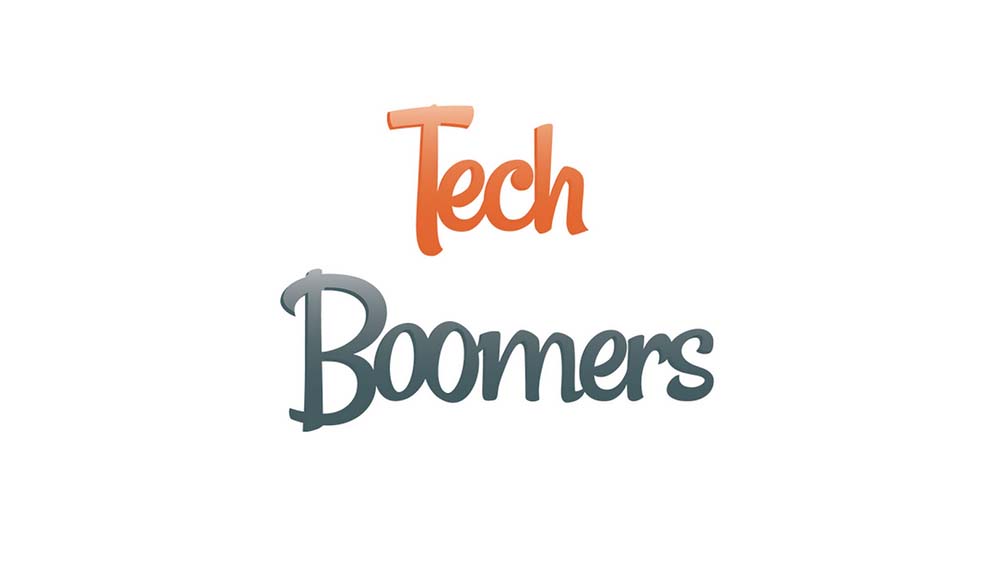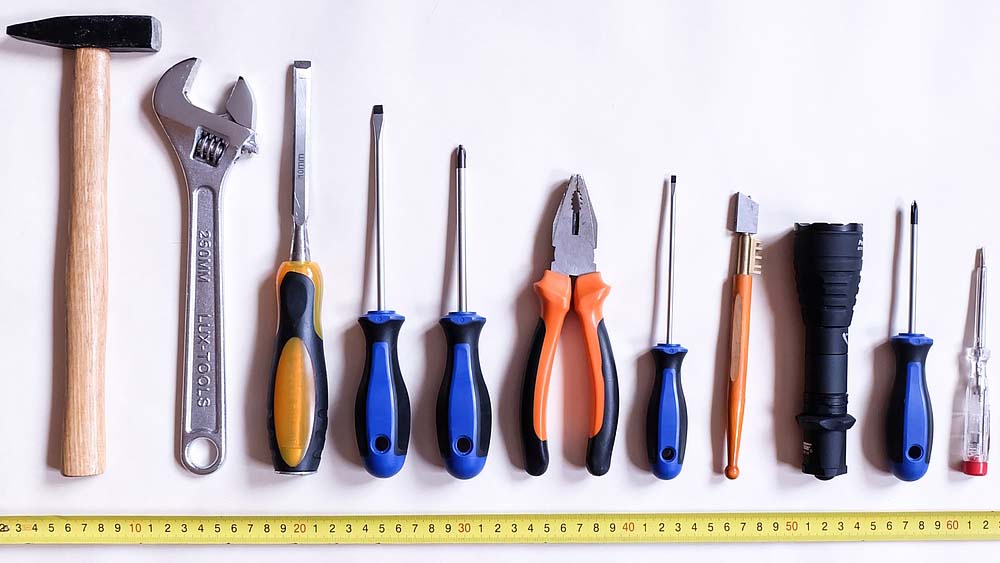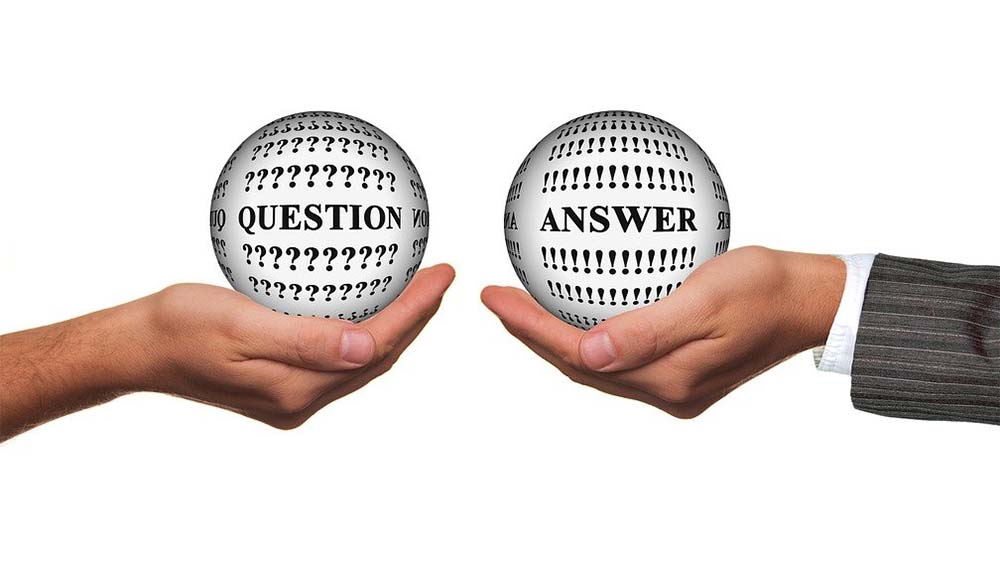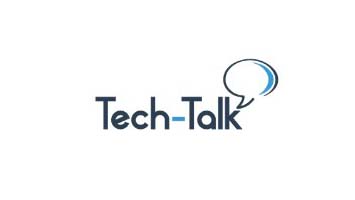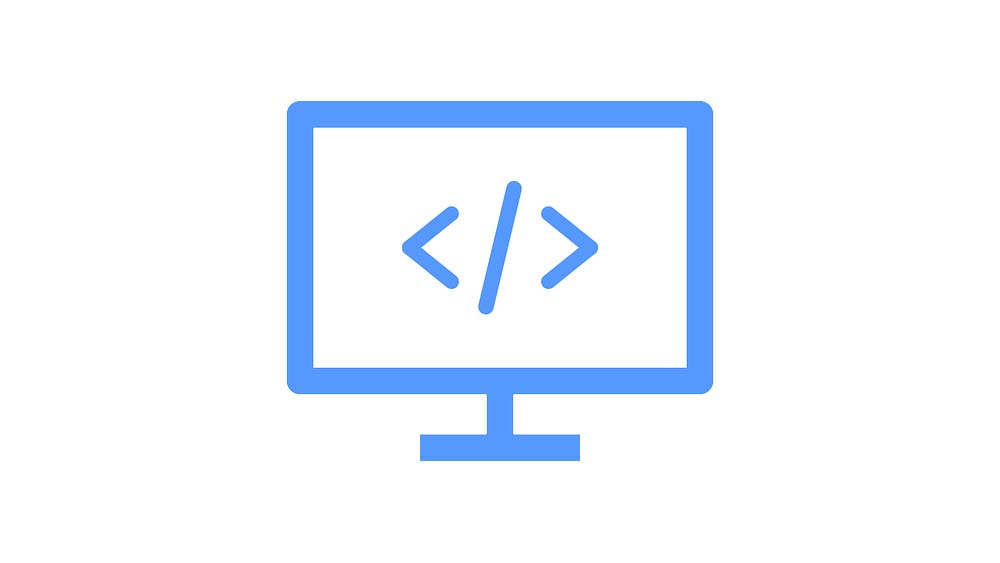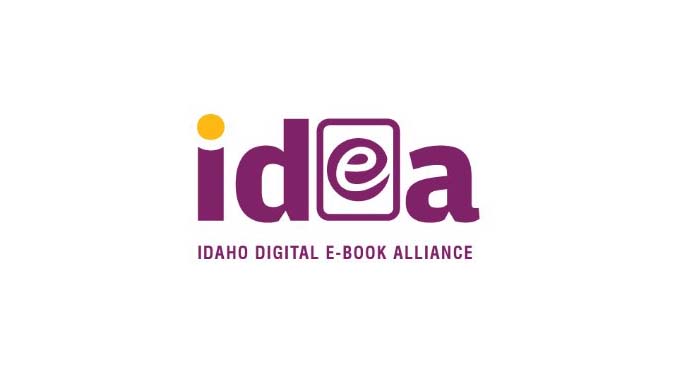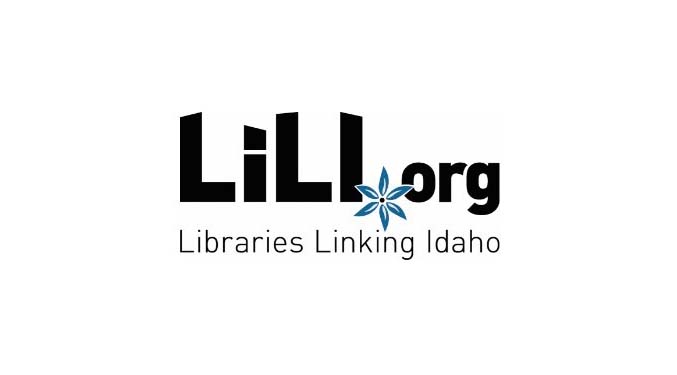
What is Digital Inclusion?
Terms such as the digital divide and the homework gap are often used to describe the disparity separating those with access to the internet and devices from those without; however, these terms do not always capture the complexities of our digital age. The National Digital Inclusion Alliance (NDIA) defines Digital Inclusion as “the activities necessary to ensure that all individuals and communities, including the most disadvantaged, have access to and use of Information and Communication Technologies (ICTs). This includes 5 elements:
- affordable, robust broadband internet service;
- internet-enabled devices that meet the needs of the user;
- access to digital skills training;
- quality technical support; and
- applications and online content designed to enable and encourage self-sufficiency, participation, and collaboration.”
What is Digital Equity?
By addressing the 5 elements of Digital Inclusion, we work toward achieving Digital Equity, defined by NDIA as a condition in which all individuals and communities have the information technology capacity needed for full participation in our society, democracy, and economy. Digital Equity is necessary for civic and cultural participation, employment, lifelong learning, and access to essential services.
What are Digital Skills?
As one of the 5 elements of Digital Inclusion, training related to Digital Skills is fundamental. The American Library Association’s (ALA) Digital Literacy Task Force defines Digital Skills as the ability to use information and communication technologies to find, evaluate, create, and communicate information, requiring both cognitive and technical skills.
Broadband Internet Service
Internet-Enabled Devices
Digital Skills Training
Technical Support
Online Content
Newsletters
Technology Guides
Do you have a suggestion or request for a new Technology Guide or an existing one that you think should be updated? Please contact the Library Technology Consultant.

